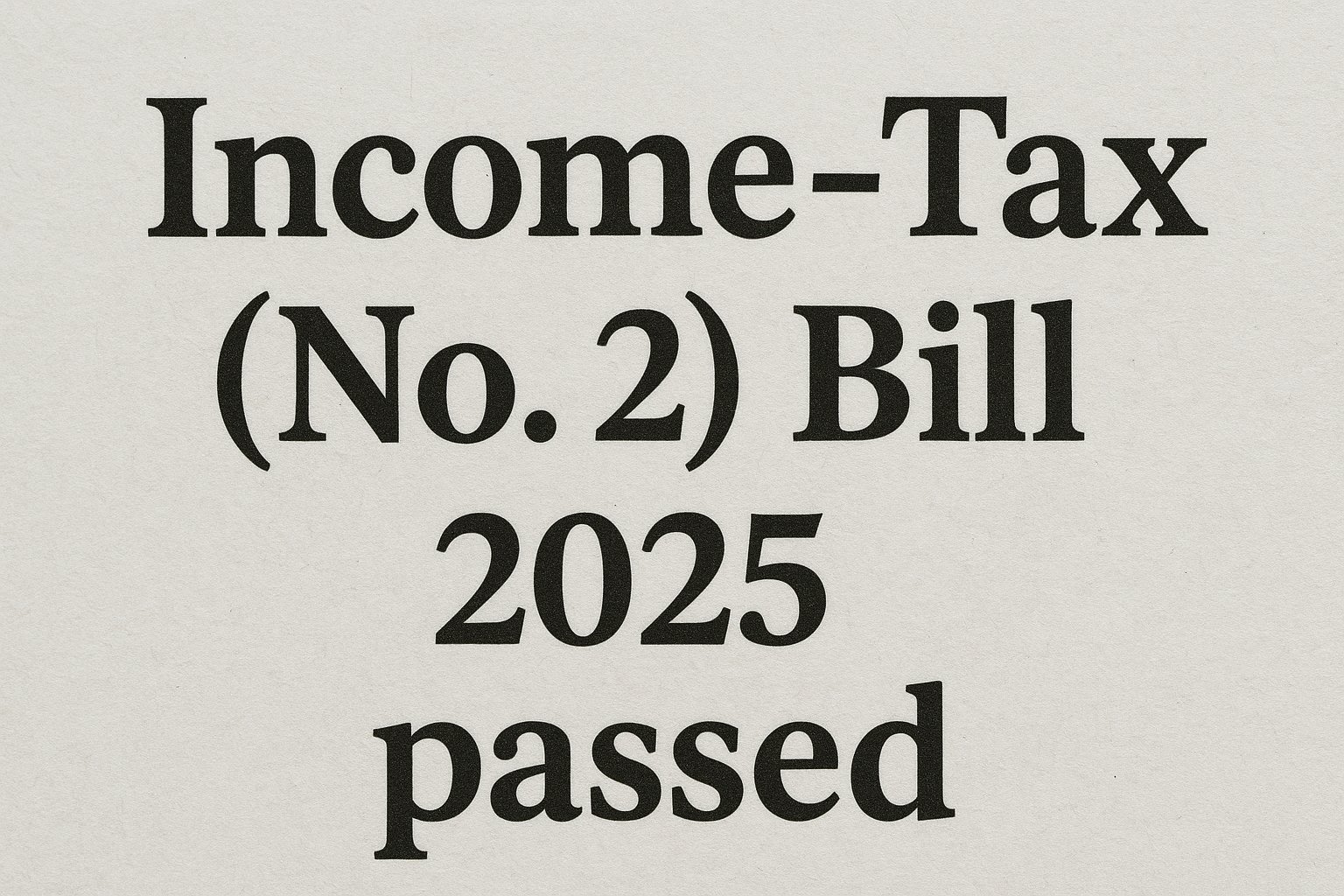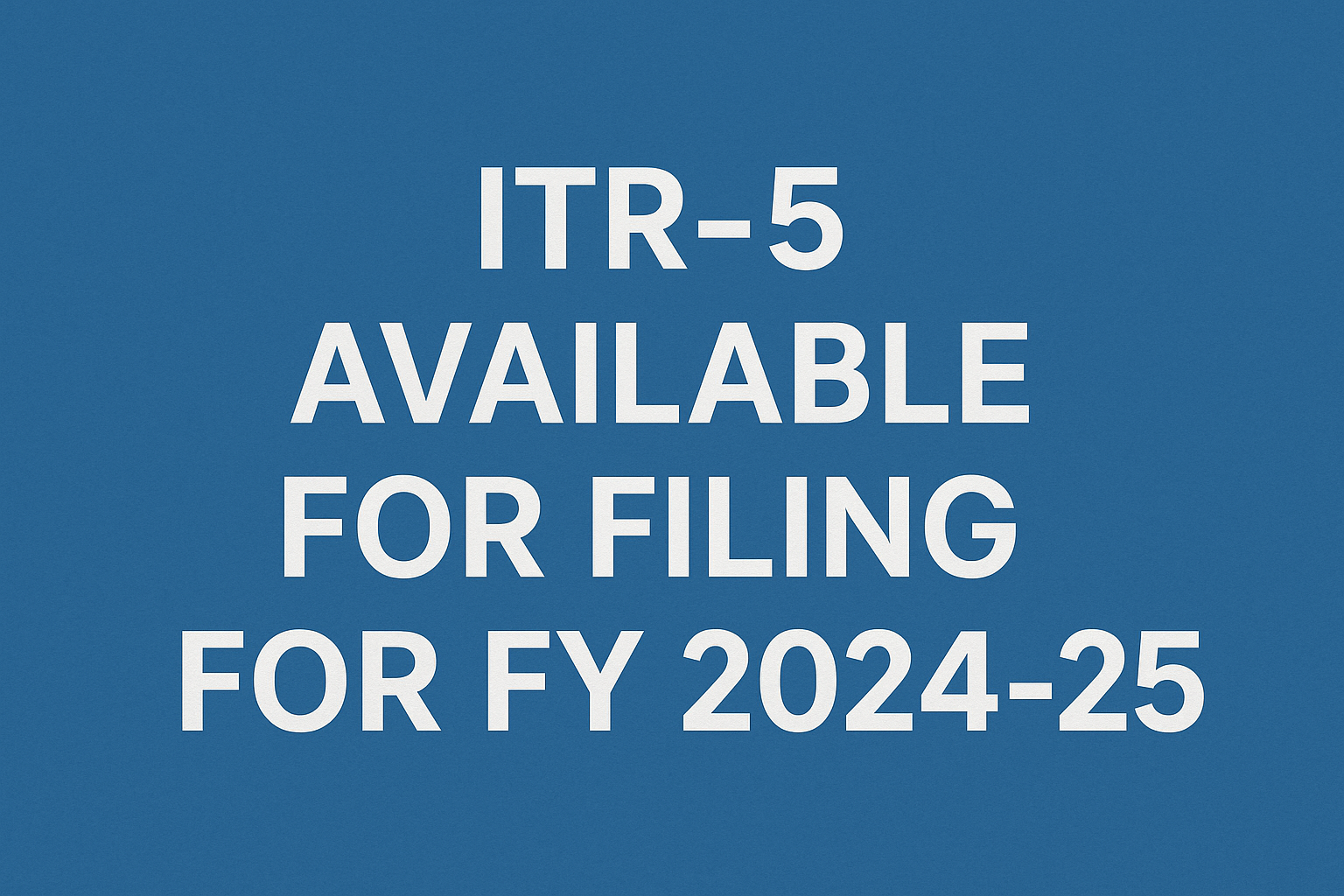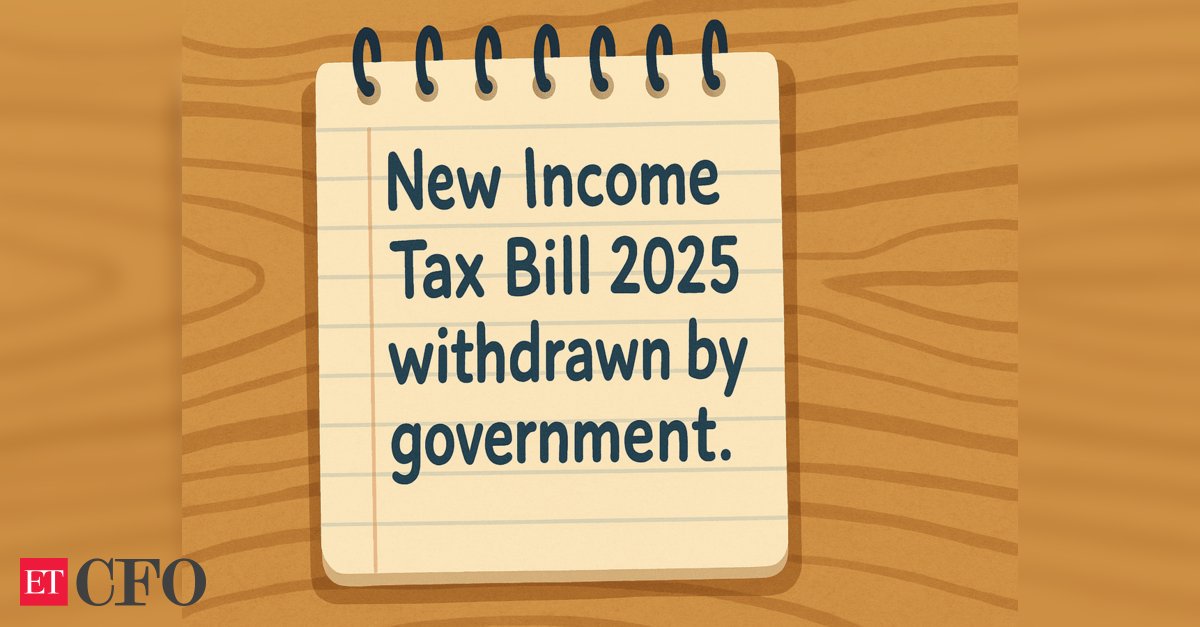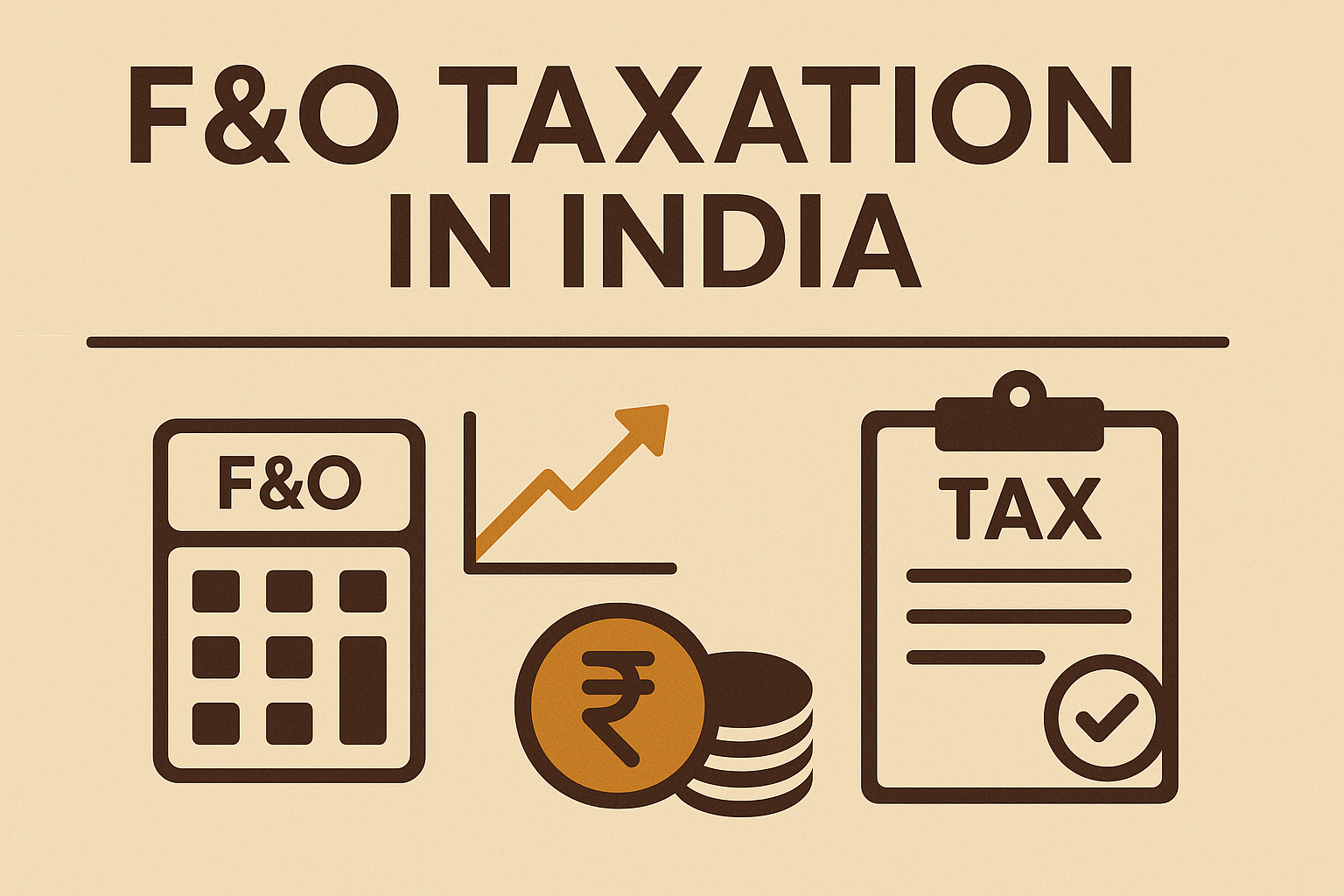Finance Minister Nirmala Sitharaman’s announcement in Parliament today marks a significant step in India’s fiscal policy reforms. The Income Tax Bill 2025, now officially introduced, proposes comprehensive amendments that will impact both individuals and businesses. The changes, according to Sitharaman, are intended to simplify tax procedures, ensure greater compliance, and foster a more transparent and efficient tax environment across the country.
Income-tax Bill, 2025, tabled in Parliament today towards achieving comprehensive simplification of the Income-tax Act, 1961 The simplification exercise was guided by three core principles:
- Textual and structural simplification for improved clarity and coherence.
- No major tax policy changes to ensure continuity and certainty.
- No modifications of tax rates, preserving predictability for taxpayers.
- A three-pronged approach was adopted: Eliminating intricate language to enhance readability.
- Removing redundant and repetitive provisions for better navigation.
- Reorganizing sections logically to facilitate ease of reference.
Read here: pib.gov.in/PressReleasePa
During her presentation, Sitharaman highlighted the bill’s focus on reducing the burden of taxes for the common man while enhancing measures to target evasion. “Substantial changes have been made to this bill, making it a more efficient and people-friendly framework,” she said. The Finance Minister also pointed out that the bill seeks to streamline tax processes, reduce the compliance burden on taxpayers, and introduce modernized provisions that align with global standards.The new bill reflects a shift toward digitization, with several provisions aimed at enhancing online services and electronic filings for both businesses and individuals. Additionally, it introduces tax reforms aimed at promoting economic growth, increasing investments, and simplifying the existing tax structure.
However, the bill has received some criticism. Congress MP Manish Tiwari expressed concerns about the complexity of the new Income Tax Bill, labeling it as far more complicated than the existing tax system. He criticized the bill for its intricate provisions, suggesting that the new framework may burden the common taxpayer rather than simplify the system.
In response, Sitharaman defended the bill, emphasizing that the changes incorporated in the new income tax framework are not merely cosmetic but are substantive reforms. She highlighted that, despite the expanded scope of provisions, the overall length of the bill had been reduced significantly, reflecting a more streamlined and efficient approach.
To ensure comprehensive review and feedback, Sitharaman called on the Lok Sabha Speaker to form a standing committee composed of parliamentarians from various parties. This committee will scrutinize the bill and provide its recommendations. “It is important that we hear the voices of all stakeholders before proceeding with such critical reforms,” said Sitharaman.
Visit www.cagurujiclasses.com for practical courses











